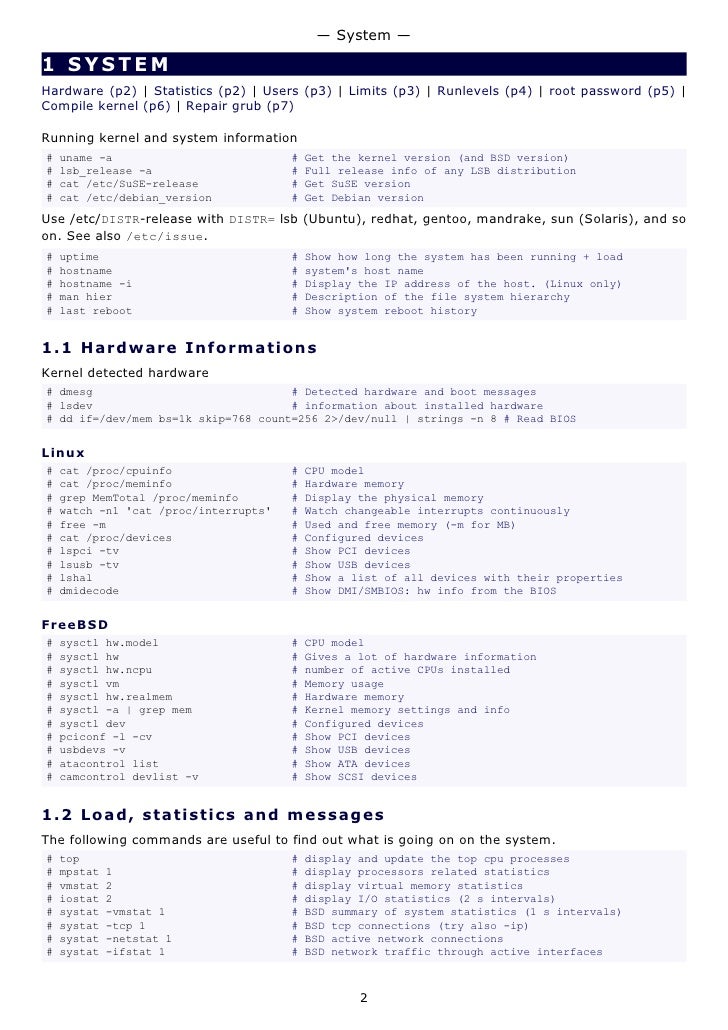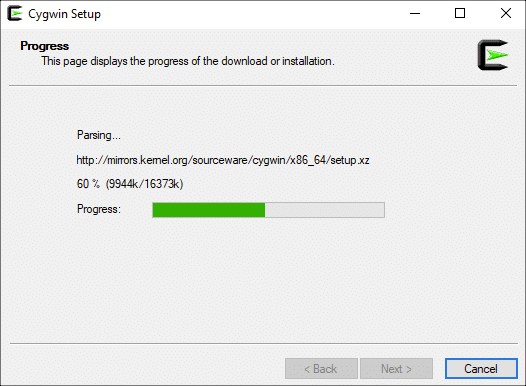

Port numbers replaced for security.Dest-unreach / socat.


This also sets a timeout of 5 seconds and logs a lot of detail to "log.txt".

Socat -d -d -d -lpD_udp_sender -u -T5 - udp:localhost:1111,sourceport=2222 2>log.txt Socat -d -d -d -lpC_tcp_adapter -T5 - tcp4-listen:3333 2>log.txt | Socat -d -d -d -lpB_serial_adapter -t5 - /dev/ttyS0,raw 2>log.txt | The bash command to create this monstrosity is as follows: socat -d -d -d -lpA_udp_rxr -u -T5 udp-recv:1111 - 2>log.txt | Process B sends UDP packets to socat "B" when it wants to inject traffic.
Socat "D" takes data from stdin and sends it out over UDP to socat "A". Data from Process A is sent out stdout to socat "D". Data coming from socat "A" comes in stdin and is routed to Process A. Socat "C" listens for a TCP connection from Process A. Socat "A" listens for UDP packets from anywhere and outputs them over stdout, where they are piped into socat "B". Socat "B" talks to the serial port, takes input on stdin and outputs to stdout. It involves 4 instances of socat, arranged in the network diagram below: /- Process A I would then need a way to combine these two unidirectional streams into one bidirectional stream, but I don't know how. Use two unidirectional socats, one to write to the port and one to read from the port. Use socat's udp-recv option to receive from anyone, but find a way to make it send replies to a specific address. However, this forked process now has the serial port open for read-write, so no more forks successfully start.Ĭan anyone think of any way to get this to work? I can think of the following avenues but I haven't found settings to make any of them work: This works for the first packet - a process forks off from socat, sends the data to the serial device, and starts reading data back from the serial device. My first attempt was to set up a socat instance with udp-recvfrom and the fork option. The environment is Cygwin on Windows (the processes are windows processes), but the serial port could be moved to a *nix virtual machine if anyone has a Linux-only solution. The serial device is continually spewing data, while the two processes periodically write to the port. Process A needs two-way communications with the serial port, and Process B only needs to be able to write to the serial port. I have a scenario where multiple processes on the same box want to communicate with a serial device.








 0 kommentar(er)
0 kommentar(er)
